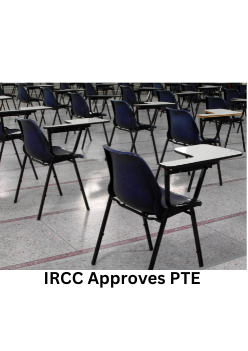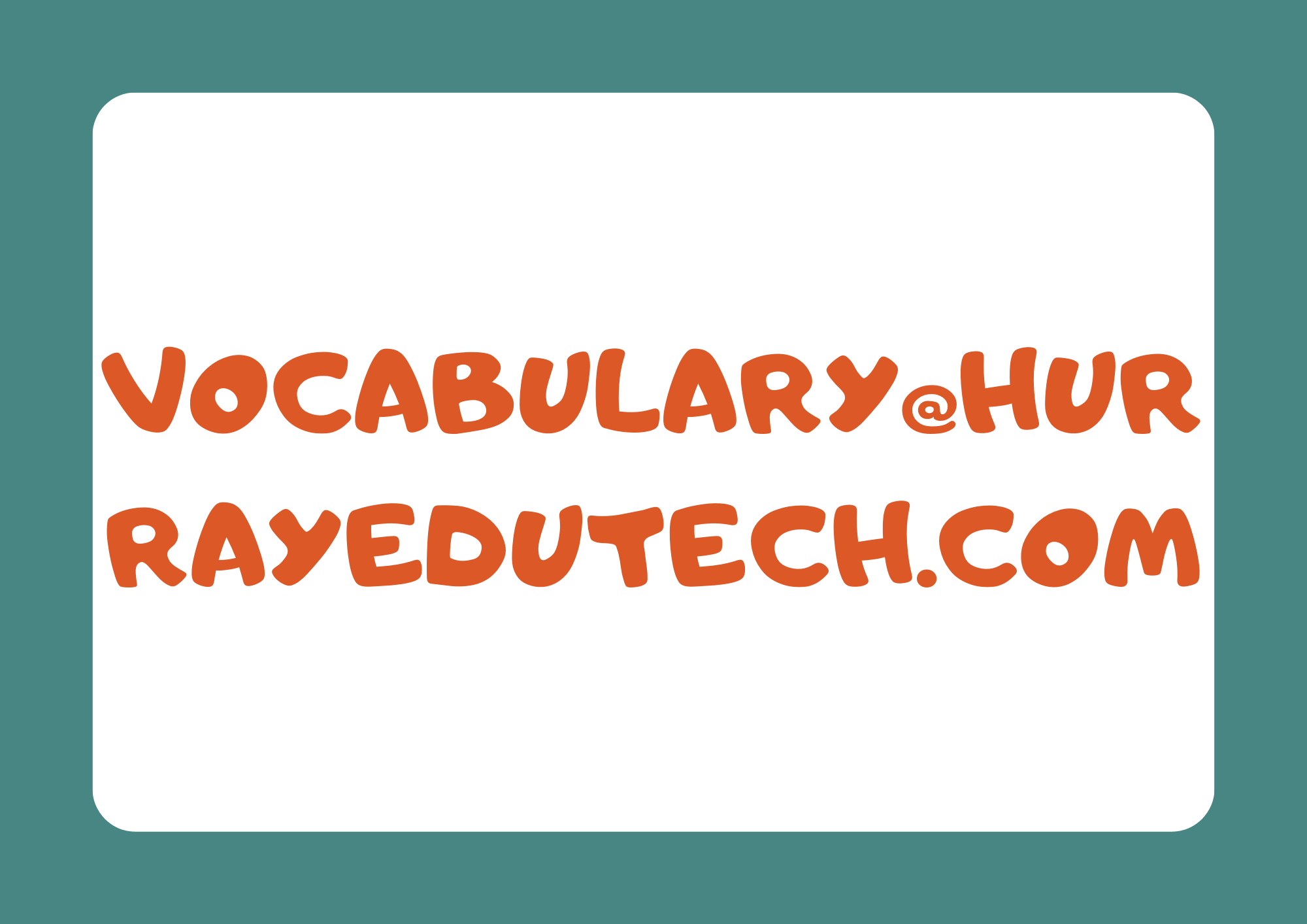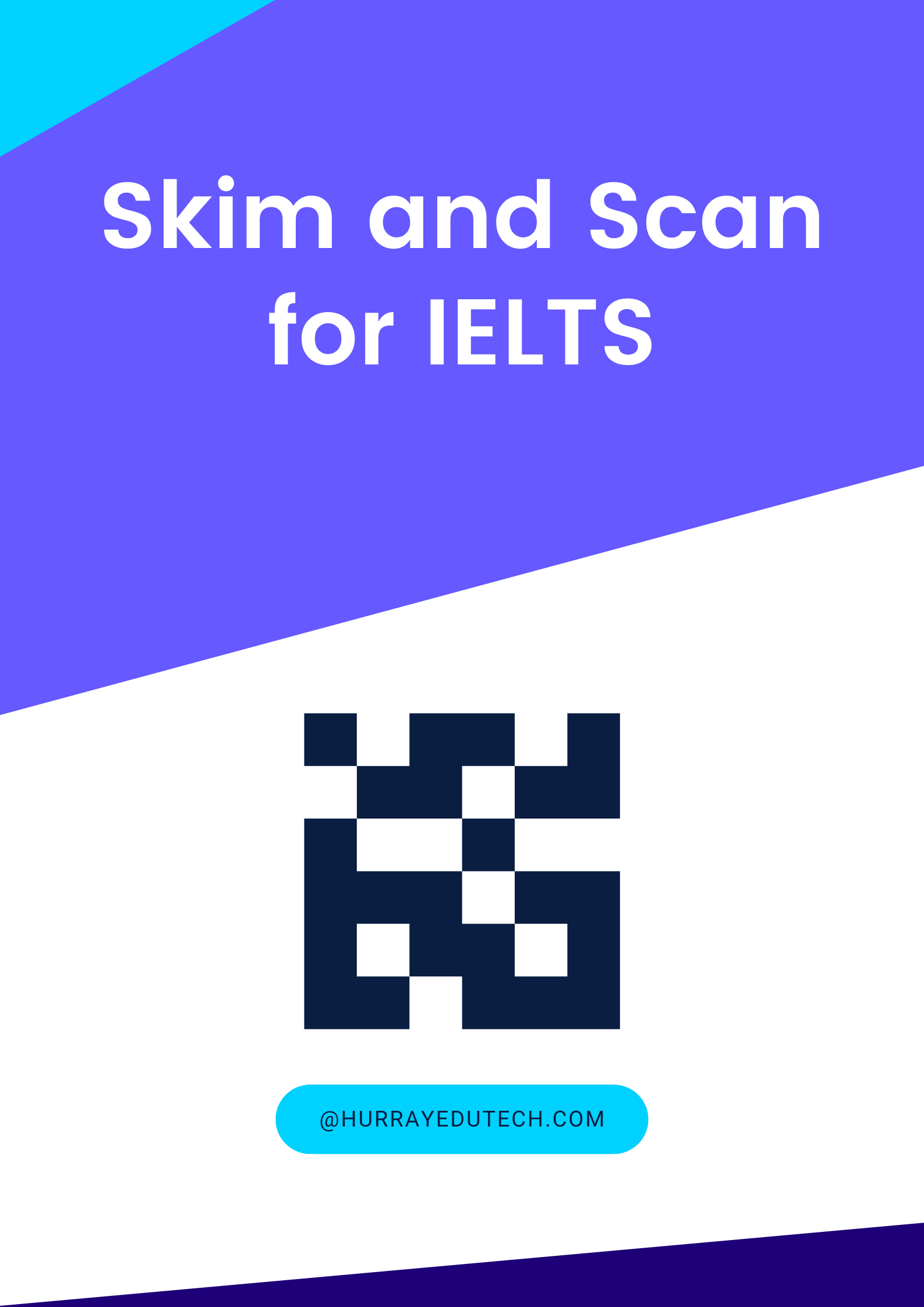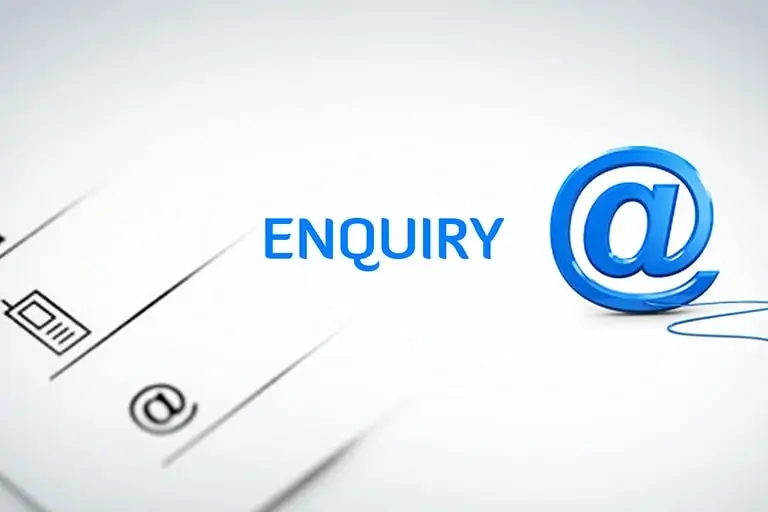Listening tips for IELTS students:
The Listening Test is the same for both academic and general students. The format and scoring are both the same for listening. The length of the exam is 30 minutes, where 10 minutes is allotted for copying your answers to the answer sheet.
The listening test has 4 sections and they are:
Section 1: A conversation between two people, set in an everyday social context
Section 2: A monologue set in an everyday social context. For example - a speech about accommodation services on a University campus.
Section 3: A conversation between up to four people. (Ensure you can identify the speakers)
Section 4: A lecture or talk of general academic interest. For example - discussion on molecules.
Types of Questions in IELTS Listening:
-
Multiple Choice: This is one of the toughest parts of the test as there are many options which are like each other. You must listen closely and give the answer in accordance with the information they hear. Many times, you will be confused by being given a wrong answer early on and then the right answer is given. Make sure you are attentive. In the 4th Section (refer above), where there are many speakers; you will be asked to associate information with the speakers. Differentiate between the speakers and their views/opinions/ information given by them.
-
Map Completion: Label the required places.
-
Diagram Labelling: A diagram will be present, and your answers will relate to complete parts of the said diagram.
-
Form Completion.
-
Note Completion.
-
Flow Chart Completion.
-
Sentence Completion: Please makes sure that the sentence makes grammatical sense when you read it.
-
Summary Completion.
-
Short Answers.
-
Table Completion.
Here are some tips and techniques you should follow for an optimum score
-
Listen and write what you hear, not what you think is correct. Do not rephrase your questions.
-
Listen to the example at the beginning of the test. Utilize that sentence to get used to the speaker’s voice, many students complain about not being able to understand the accent of the person speaking. This is a good way to try and get used to it right at the offset.
-
The speaker usually will highlight until which question you need to read for. If it says, “you now have time to prepare for question 1-5” locate where the questions are in the paper”.
-
IELTS is an international English language test. Practice by listening to different accents.
-
Transfer the answers on to the answer sheet. Practice using the answer sheet. Write clearly. Illegible answers will not fetch you marks.
-
This is a test of multi-tasking; and the student is expected to read, listen and write at the same time; therefore, practice is essential.
-
Please use a pencil only.
-
If there is a title on top of the question, read and understand it. It will give you an idea of what to listen out for.
-
If you are using upper case or lower case; you must stick with it. I suggest capital letters as they are easier to read, however, the choice is yours. Also, in case you use lower case, it must be remembered that some words start with a capital letter, which must be adhered to.
-
If you miss an answer, move on.
-
Follow the instructions: “one word and/or a number” (means one word and a number or one word or a number).
Your answer could be “24 books” or “2 books”. The numbers are not counted as digits. They are counted as whole numbers.
2018 is counted as one number.
Around 2018 are one word and one number.
1,200,150 is one number and so is 6.40 which also is one number.
-
Underline the instructions to make sure that there is no doubt in your head about what you need to do.
-
Whenever the answer requires you to complete a sentence, ensure that it is grammatically correct.
-
Every word is counted. Even “a” is a word. Therefore, if a question has the answer as “hospital”, make sure that you don’t write “a hospital”.
-
Please spell the word correctly. Adding an “S” where it is not needed will be marked wrong.
-
Don’t focus on the unimportant things, focus on answering the questions and not understanding everything. The exam will give you a lot of information that you do not need. This should not distract you from what is relevant.
-
Please take the time to improve your reading speed. You will hear a voice allowing you to read the questions beforehand, use it wisely as you will not get a lot of time. After reading the question, you should learn to identify the synonyms of the words given in the question to identify the answer quicker.
-
Identify the key points of any question before answering it. This allows you to pay extra attention to the answer.
-
Because there are many answers that may come quickly, you may not have the time to write the full word especially if it is long. Make shortcut notes but ensure that you can infer the answer later. This is for when the answers are coming at a rapid-fire pace.
-
Don’t worry if there is a long pause between answers, a lot of students start panicking but it is not helpful at all.
-
Watch out for common traps that seek to test your ability. Listen carefully and make notes but ensure that you do not miss out an answer.
An example of this is:
Q: What is the capital of Australia?
S: Melbourne is the most important city in Australia and used to be the capital until recently, the capital is Canberra since 1971.
-
Sometimes students get excited by listening to the same terms as those given in the questions, usually, IELTS will test you and not give the answer so easily, therefore you must be careful.
-
It is a common practice for students to add an “S” at the end of words they have heard. Keep in mind that the extra “S” will render your answer wrong. Please keep your ears open.
-
There is no negative marking on an answer. If you don’t know, guess. After, reading the question you will have an idea of what the answer should be. Please do not leave blank spaces.
-
Date format: Use a dot between the day, month and year. For example 26.07.2018
-
Slashes and hyphens between the day, month and year will be marked wrong.
-
If the year is not stated then you may write it as 26 July or 26th
-
July 26 or July 26th is also permissible.
-
You should spell out the name of the month. Short forms like Jan for January is not permissible.
How to predict answers
Using Prepositions:
A preposition is a word such as after, in, too, on, and with. Prepositions are usually used in front of nouns or pronouns and they show the relationship between the noun or pronoun and other words in a sentence. They describe, for example,
the position of something:
-
Her laptop was under the table.
-
The cat crawled between us and lay down at our feet.
-
His flat was over the hospital.
The time when something happens:
-
They arrived on
-
The class starts at 5 a.m.
-
Shortly after their wedding, they moved to India.
the way in which something is done:
-
We went by
-
They stared at each other without
-
Some prepositions are made up of more than one word, for example:
-
They moved here because of the child.
-
We sat next to each other.
-
The hospital is perched on top of a mountain.
It is important to know the above because it will help identify the answer. Please ensure that you are able to predict the answer as far as possible.
| Proposition | Use | Example of Use |
|
At |
Time | We would like to go at 8 pm. |
| Time of the day | Can we meet at noon? | |
| Place | Let’s meet at the mall. | |
|
In |
Period of time | I would like to meet in (a week/ 3 hours/ 4 minutes) |
| Month/ Year | I want to meet her in (January / February) / (2018/2014) | |
| Season | Mangoes grow in (summer / winter / spring / autumn) | |
| We | Day / date | I will go back to school on (Monday / 13th October) |
Please learn prepositions and how to use them, it will speed up your test and make you more accurate.
Bands and their conversion
BAND |
CORRECT ANSWERS NEEDED |
Band 5.5 |
18-22 |
Band 6.0 |
23-25 |
Band 6.5 |
26-29 |
Band 7.0 |
30-31 |
Band 7.5 |
32-34 |
Band 8.0 |
35-36 |
Band 8.5 |
37-38 |











Post Comments